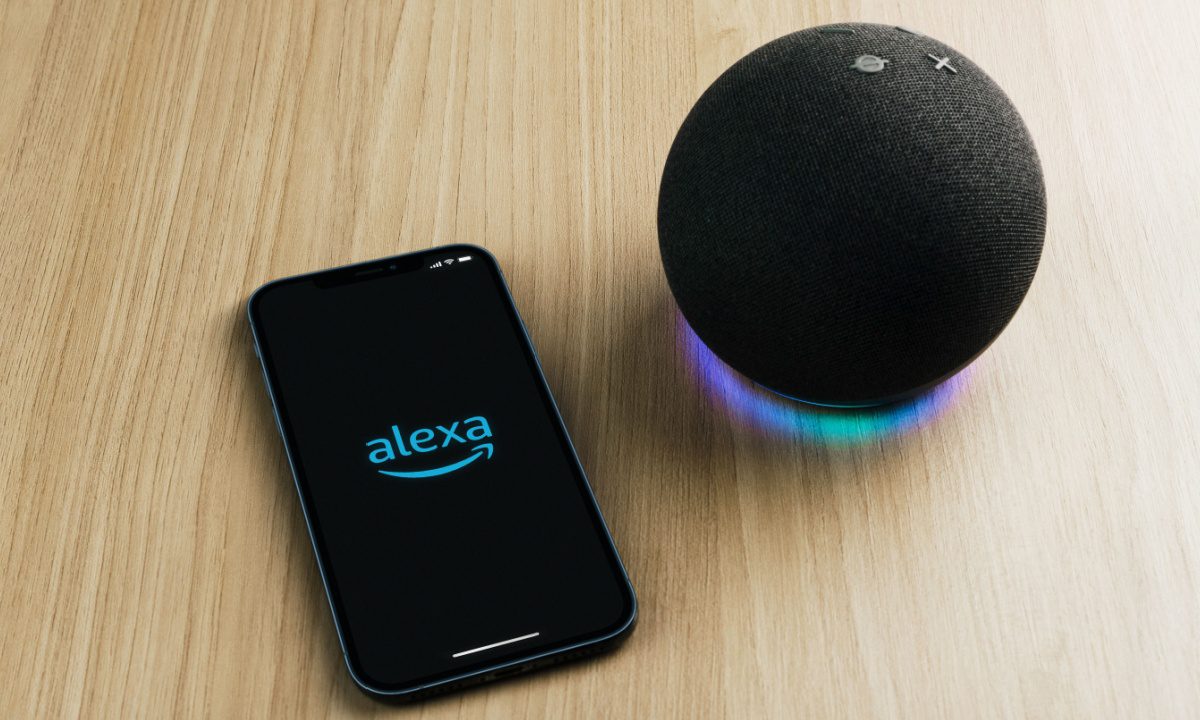
Amazon has announced a delay in the launch of its enhanced Alexa virtual assistant, continuing a trend of setbacks for the device.
The tech giant still aims to debut the new iteration of Alexa on February 26. However, a report from the Washington Post on February 14 indicates that the public release has been postponed for at least a month.
This report referenced an internal memo and remarks from an anonymous Amazon employee, who explained that the delay is partially attributed to the new assistant providing incorrect responses during testing.
According to the employee, this “advanced and more conversational” version of Alexa may not be ready until after March 31. This timeline comes roughly 18 months after Amazon first announced plans to introduce an AI-powered Alexa in response to OpenAI’s ChatGPT surge.
An Amazon spokesperson shared with PYMNTS that the company is “not prepared to discuss future developments, but we eagerly anticipate sharing updates from the Alexa team on the 26th.”
The Washington Post also highlighted Amazon’s challenges in launching an upgraded Alexa, reflecting the broader difficulties many companies face in integrating artificial intelligence (AI) into their products, despite substantial financial investments in the technology.
For instance, last month, Apple canceled an AI feature on its iPhone that summarized news articles following user complaints about inaccuracies. Moreover, recent reports suggest that Apple, similar to Amazon, is also struggling to roll out a new AI-enhanced version of its Siri assistant.
While the operational costs of generative AI (GenAI) have begun to decline, achieving large-scale implementation remains expensive, as discussed in a previous PYMNTS article highlighting Amazon’s challenges with Alexa. The pretraining of foundational models incurs significant costs, and inference—where the AI model processes new data—also involves substantial expenses.
According to a former employee, Amazon contemplated implementing a subscription fee for the large language model-powered Alexa or seeking a percentage of eCommerce transactions, as reported by the Financial Times last month.
However, the report revealed that technical hurdles are impeding the company’s advancements. Upgrading Alexa to a more intelligent version involves more than just replacing existing algorithms with a large language model.
“Transitioning from one model to another isn’t straightforward,” Mike Finley, CTO and co-founder of AnswerRocket, stated in an interview with PYMNTS. “Agentic AI is more complex. It requires additional structure and direction to yield improved results. While we will still need to provide the initial ‘prompt’ as before, there is a greater need for effort in guiding AI behavior to achieve our desired outcomes.”









